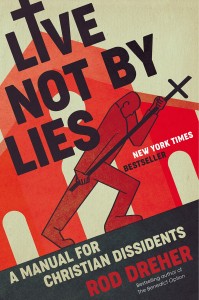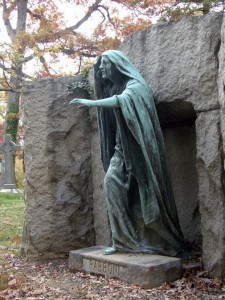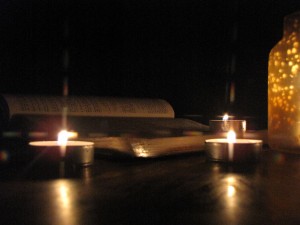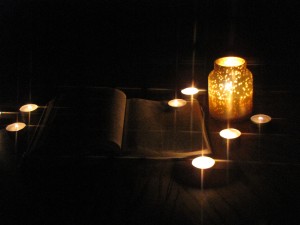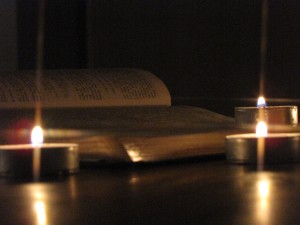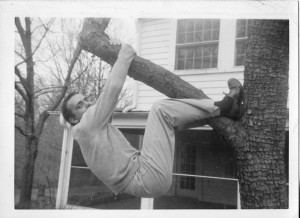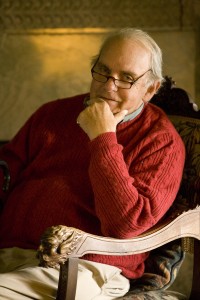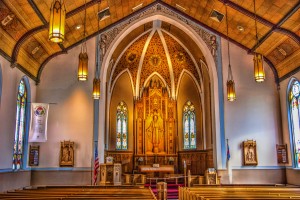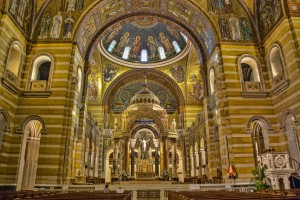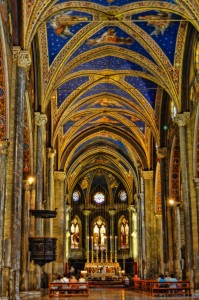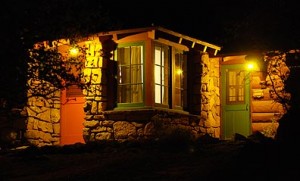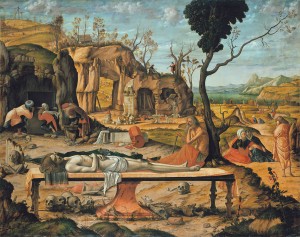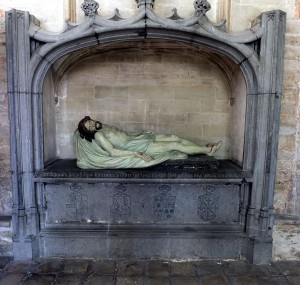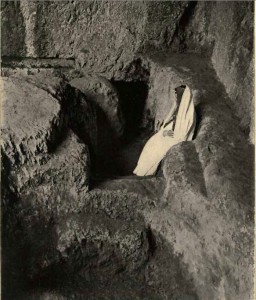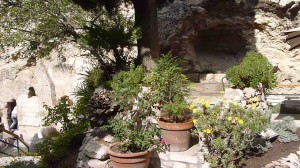We in the West live in a world still immersed in the Enlightenment. We still believe that Truth is only what can be observed, tested, measured.
Wendell Berry calls this, the idea that the touchable world of science and matter is all there really is, our modern superstition. ” … we moderns dismiss this (idea that the world tells us about God’s love) as fancy and view the world with disenchanted eyes as a collection of atoms and dust – something to measure but not something that means.”


This, of course, has left us dissatisfied. When the only thing that exists is that which is measurable, when we are told that nothing around us has any deeper meaning, we are left discontent and searching for meaning and contentment in all the wrong places.
And when the unthinkable happens, when our world crumbles and leaves us drowning in grief and pain, we have been trained by our culture and even our churches to look to facts and information to make life easier. If we can only gather enough theological information, we believe, we can solve the problem of grief and pain.
Facts are a cold comfort, though, when we are stumbling through the darkness of suffering. It is good and necessary for us to know facts about the character of God, but we will never know the presence of the Father in data.

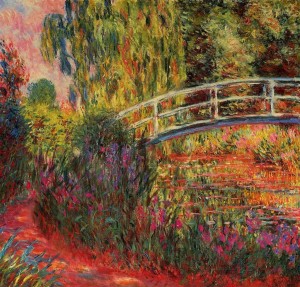
Our culture and even many of our churches have trained us to dismiss art, music, joy in nature, as frivolous and trivial.
The truth? These beauties are small glories offered to us as communion with our Creator.
All that exists is God’s gift to man, and it all exists to make God known to man, to make man’s life communion with God. It is divine love made food, made life for man. God blesses everything He creates, and, in biblical language, this means that He makes all creation the sign and means of His presence and wisdom, love and revelation: “O taste and see that the Lord is good.” ~ Alexander Schmemann
Art, music, the beauty of nature, all of these are God’s gift to us, one way that he enters our world of suffering and transforms it into a space where we can know his unfailing love.


Suffering cannot be transformed by theological data. There is not much that will be made new in this life. Yet while we wait for the sure renewal of all things, it is through the “triviality” of beauty, through art and music and joy in nature, that we are able to catch a glimpse of the deeper truth that is Emmanuel, God with us.
All that exists is God’s gift to man, and it all exists to make God known to man, to make man’s life communion with God.
many of the ideas in this post are from This Beautiful Truth by Sarah Clarkson
Art credits: Wind Mountain by James Madison Alden; The Water-Lily Pond by Claude Monet; photograph of mountain stream by Kirk Sewell; all other photographs are my own


